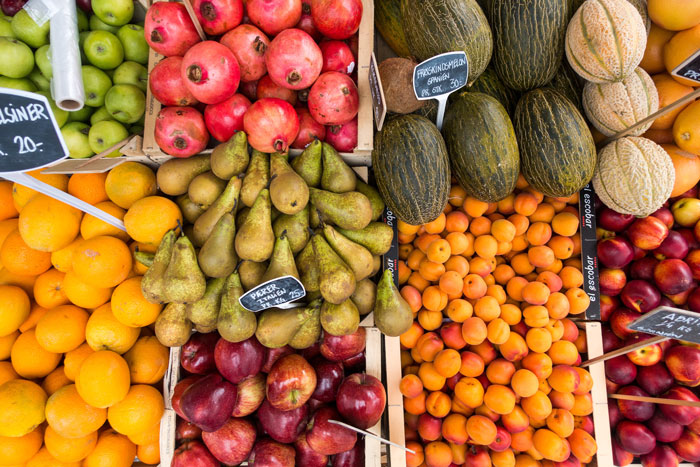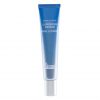
Turns out, you don’t have to buy everything organic. Yep, research has yet to prove whether organic food is actually healthier or more nutritious.
If a food is marked as organic, it simply means no synthetic fertilizers or pesticides were used during production. While organic foods aren’t necessarily healthier, it’s still less harmful than its non-organic counterparts — thanks to the absence of hormones and pesticides.
But before you shell out a couple extra bucks on organic produce, check out which ones are actually worth purchasing and which ones you can eat non-organic.
What you should buy organic
Apples
An apple a day keeps the doctor away, especially if it’s organic. The pesticide-free version of the crispy fruit contains up to 15 percent more antioxidants than conventional apples.
Dairy
Similar to meat, organic dairy has its non-organic counterparts beat. Cows raised with organic practices are fed more grass, which converts into healthier fats than bovines raised on corn-based diets.
Bananas
Given its thick peel, you wouldn’t think this snacktime staple was better organic. But organic vendors (like the kinds sold at Whole Foods) tend to hold higher ethical standards for its farmers, which is a win-win for everyone.
Strawberries
The summer-favorite fruit contains at least 20 synthetic chemicals, so if you’re trying to avoid pesticides, opt for organic strawberries.
Spinach
Like strawberries, spinach is notorious for containing pesticides. While the mere presence of pesticides doesn’t lead to negative health effects, it’s still better to be safe than sorry!
What you don’t have to buy organic
Onions
Consumer Reports rates onions as one of the safest produce options to buy conventionally. Perhaps it’s because it’s grown underground and has so many layers?
Avocados
Thanks to its thick outer layer, your avo toast and guac is safe even if you purchase non-organic avocados.
Pineapples
89 percent of pineapples tested had no pesticides. That’s because the thick skin of pineapples absorbs most of it!
Asparagus
This veggie is one of the least likely to contain pesticide residue, so save yourself the extra bucks and go with non-organic asparagus.
Sweet potatoes
Unlike potatoes, sweet potatoes have very little pesticide residue.
xx, The FabFitFun Team




